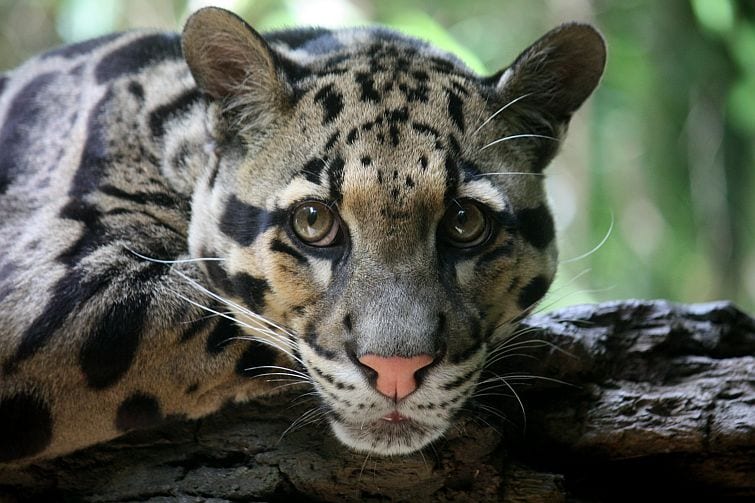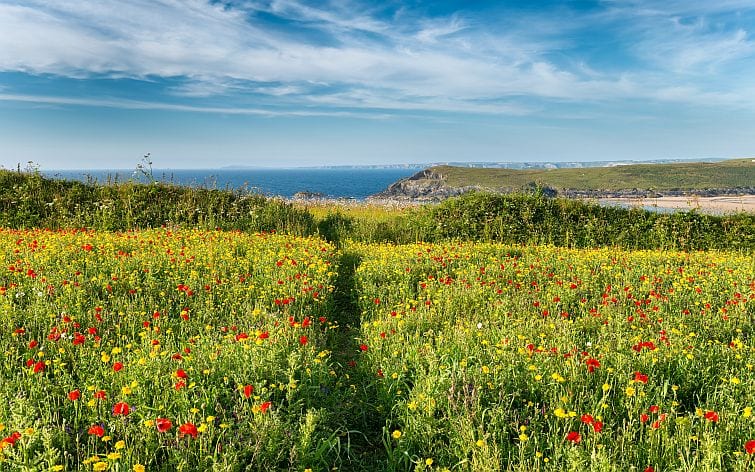
The variety of plant and animal life worldwide is plumetting and this has been linked to climate change and man’s impact on the Earth.
But why does it matter? Why should we bother if some plants and animals go extinct?
- As we have found out with COVID-19, humans and wild animals in close proximity do not mix. When habitats fragment, the number of disease- carrying animals in a population rises. At the same time humans get closer to those animals carrying diseases. Biodiversity loss can (and is) accelerating the number of human pandemics.
- Insects and other creatures perform so many tasks for humans such as pollination, irrigation and soil reclamation and all for nothing!
- Food supplies become more vulnerable to pests and diseases and water supplies become unreliable.
- In fact, there are so many problems with biodiversity loss that WWF say the cost of the ecosystem services alone is worth over £23 trillion!
“The loss of biodiversity and the degradation of ecosystems pose a major risk to human survival and development. It falls to all of us to act together, and urgently turn the Earth into a beautiful homeland for all creatures to live in harmony.” David Attenborough, 2020.
The terrifying truth is that unless we can reverse the trend of biodiversity loss, human life as we know it is threatened.

Organic farming preserves biodiversity
In the UK, declines in birds, butterflies and moths have been tracked for many decades and this has been attributed to intensification of agriculture and the destruction of habitants such as wild-flower meadows, hedgerows and orchards. Pesticides have played a significant part too, killing off microbial life in the soil and destroying native weeds and wild plants to ensure cropping densities. Organic farming is the best way to preserve biodiversity – organic farmers preserve wildlife-friendly habitats such as ponds and woodland as well as nurturing healthy soils that teem with microbes. By supporting organic farming, Greenscents is saying no biodiversity loss.
Say NO to biodiversity loss!
Outside the UK, especially in the tropics, are some of the richest and most species diverse areas in the world. These rainforest areas are critical to the stability of the world’s environment. Deforestation is killing the rainforests and taking many of our iconic species with it.
Palm oil and biodiversity are not compatible. Palm oil plantations require enormous areas of land and that land area just goes on growing as virgin forest is destroyed. The species-rich rainforests are chopped up to make way for more palm, creating massive habitat loss and isolating keystone species like orangutans, Sumatran Tigers and the Javan Rhinoceros. This deforestation is an international emergency and cannot be ignored: the ecological impact of palm oil plantations on biodiversity is extreme and includes habitat degradation, habitat fragmentation, uncontrolled fires and pollution of waterways.

Palm oil is the world’s most popular vegetable oil. It’s in 50% of consumer products, as well as playing a central role in many industrial applications.
Palm oil is popular because it is relatively cheap, versatile and high yielding. Despite attempts to produce sustainable palm oil, the process is dogged by corruption and uncertainty.
Become palm oil free
Becoming palm oil free is the only way to solve the issue of palm oil and biodiversity. Becoming completely palm oil free is difficult for companies as palm oil derivatives are incorporated into many ingredients during processing. The only reliable way is to become certified palm oil free. This is hard work and involves the certifying body assessing every ingredient a company uses. However, the results are worth it. By becoming palm oil free, Greenscents is saying no to biodiversity loss in some of the most important and vulnerable areas of the world.

“When you suggest something, you get all this opposition. When you start doing it, the difficulties just disappear. Once it’s successful, the opposition claim they were supportive at the beginning.” Roy Dennis, conservationist.


